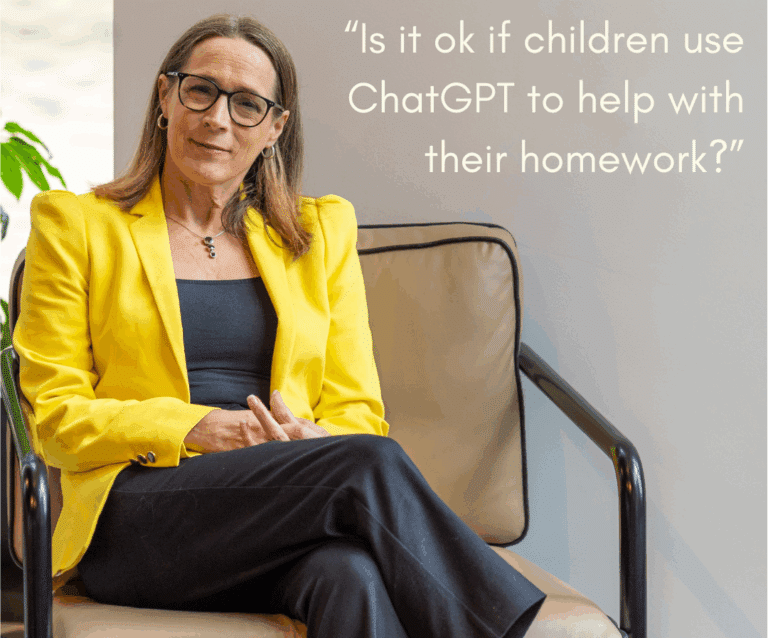Are smartphones harmful to teens?
Many parents feel instinctively that phones are somehow not 100% good for our teens. We worry that their constant checking, selfie-posting phone habit might be damaging their physical health, their mental health and their social skills. But parental instincts aside, what’s the evidence? Are smartphones harmful to teens?
The case against smartphones has been making headlines due to American social psychologist Jonathan Haidt’s new book The Anxious Generation: How the Great Rewiring of Childhood is Causing an Epidemic of Mental Illness. Haidt argues that modern children have fewer opportunities for quality real world play and that the prevalence of smartphones is disrupting children’s development, rewiring children’s brains and causing soaring rates of depression, anxiety, self-harm and suicide among adolescents.
On the face of it, this analysis seems to be supported by what parents see around us. We see media stories about the terrible harms teens are exposed to online. We see more and more teenagers struggling with their mental health. We see our teens’ eyes and thumbs fixed on their phones and worry how this might be affecting their ability to read and to concentrate and whether screens and social media are damaging their development or putting them at risk.
As a passionate advocate for play, I have written extensively on the importance of free play and risk-taking in children’s development and in fostering resilience and self-esteem. Digital recreation devices of all types (alongside parental risk-aversion and fear of being judged) get in the way of so many activities that we know for sure are good for children – such as running around, climbing trees and imaginative play.
Personally, I’d like all of us – children, teens and adults – to have more time off screens than on them. I’d like all schools to be phone-free zones and for teens to have access to high quality youth services. I’d like more in-built controls to keep children and teens safe from dangerous online content.
However, when it comes to the specific question “Are smartphones harmful to teens?” I would also say that the picture emerging from research is not quite as clearcut as Jonathan Haidt makes out in The Anxious Generation.
The rise in mental health disorders among children and teens is a trend that started before every teen had a smartphone in their pocket. The factors involved are varied and complex, including:
- a wider understanding of mental health problems,
- societal changes (such as increased consumerism and individualism),
- changes in physical habits and lifestyles,
- increased pressure on teens to succeed.
That doesn’t mean that smartphones are safe. Indeed, many of these other factors are linked to tech use too. I am completely in favour of keeping smartphones out of the hands of children and teens for as long as possible. I hope that if we do that, we might all be nudged into making positive lifestyle changes.
However, by demonising smartphones specifically, there is a danger that we will all miss the point and allow teens just to replace their internet-enabled phones with other screen-based activities.
My advice to parents when it comes to tech? Delay, delay, delay. Go slow. Keep it out of their hands and lives as much as possible for as long as possible. Allow children to be bored and to develop the positive habits of play. Challenge your own parental risk-aversion and let them challenge their skills in the real world. If you are worried about safety, give your pre-teen a dumb phone not an all-singing all-dancing smart one.
But if your teen already has a phone? Constantly having a go at them for being on it is probably not going to help. Discuss with them how to use their phone in safe, positive and healthy ways. Focus on finding balance, setting a few clear boundaries and creating a whole family culture in which health and wellbeing is prioritised and there are plenty of tech-free buffers around tech use.
For that, you might find my new book How to Get Your Teenager Out of Their Bedroom a helpful read!
*This post contains affiliate links. That means that if you click through from this post and buy a book, the Positive Parenting Project will receive a small commission. There is no additional charge to you. For more info, see Disclosure Notice.








Leave a Reply